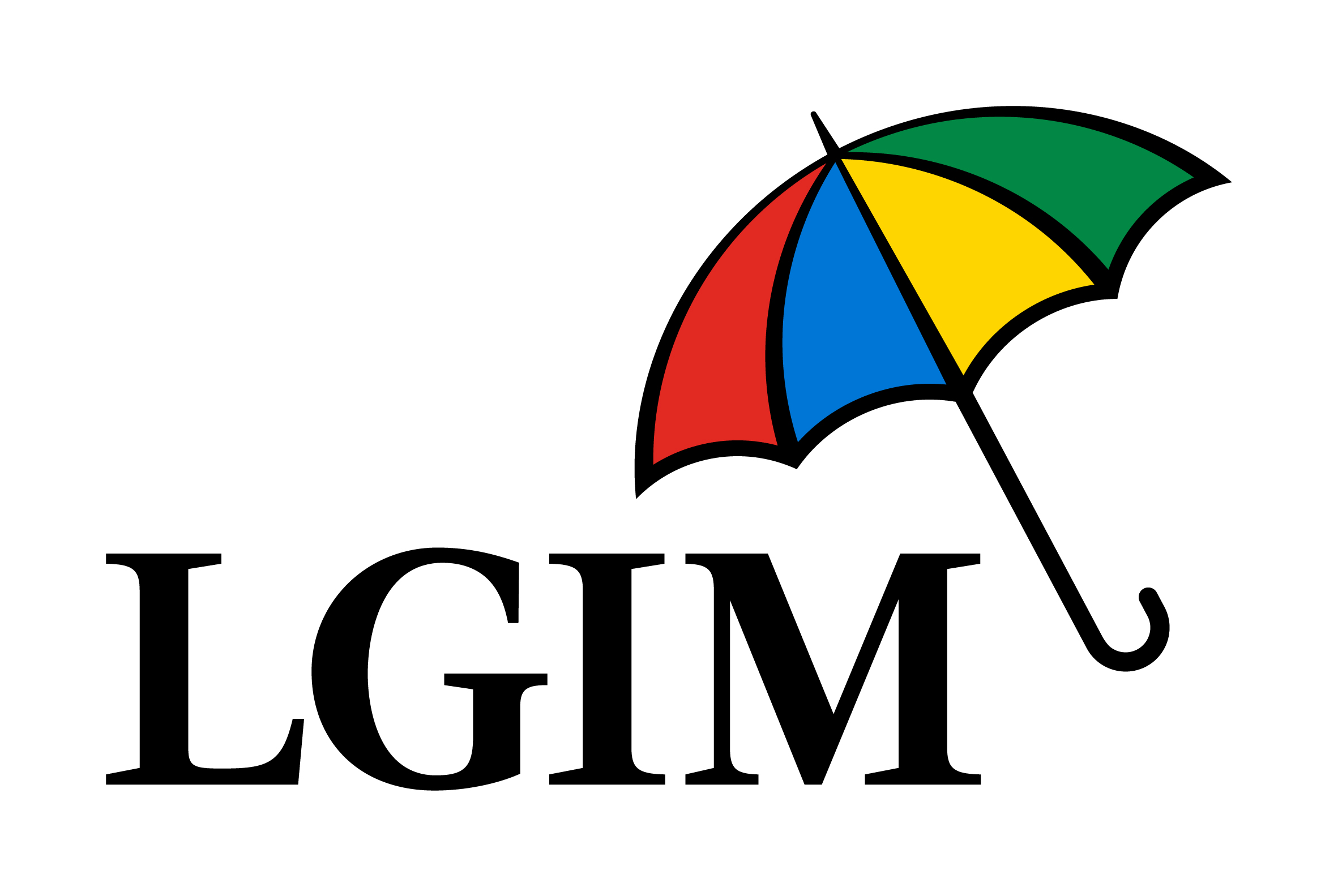Legal & General Investment Management’s (LGIM) emerging markets corporate bond ETF found itself exposed to bonds issued by Russia’s largest coal miner after its index and ESG data providers failed to exclude the debt instruments.
Tracking the JP Morgan ESG CEMBI Broad Diversified Custom Maturity index, the $1.1bn L&G ESG Emerging Markets Corporate Bond UCITS ETF (EMAU) is meant to exclude all issuers involved in thermal coal.
However, data provider Sustainalytics conceded in a statement it had failed to make the link between Russian coal giant, Siberian Coal Energy Company (SUEK), and its special purpose vehicle for bond issuance, SUEK Securities.
The special purpose vehicle entered into Sustainalytics’ data coverage in Q4 2021 but its 3.375% September 2026 bond issue was not excluded from JPM’s ESG index until 30 March – and it took until 17 May for LGIM’s ETF to dispose of its 0.01% allocation.
“The initial presence of this bond in the portfolio was due to lack of external ESG data coverage, which we understand has now been resolved,” LGIM said in a statement.
“SUEK is now covered by the relevant ESG data providers, meaning that it would have been excluded from the index and the ETF regardless of the Russian invasion.”
Speaking to ETF Stream, LGIM said: "Ahead of the invasion of Ukraine on 24th February, LGIM had already where possible, reduced its clients’ exposure to Russian securities. Opportunities to de-risk positions post-sanctions have been limited."
On the data error, Sustainalytics spokesperson added: “Data on corporate family trees, especially in the fixed income space, is complex and dynamic, and thus we have in place an ongoing monitoring process that scans for updates to these parent-subsidiary relationships – due to mergers, spinoffs, as well as new information we receive from our third-party reference data providers.
“We identified new information on the relationship between the entities in the first half of May, and we immediately moved to link the subsidiary to the parent and update the research.”
The inclusion of SUEK bonds in EMAU was originally uncovered by the Anthropocene Fixed Income Institute (AFII) in May, around eight months after the notes made their bond market debut last September and raised $500m.
AFII founder and chief executive Ulf Erlandsson said aside from the error made by the index’s three ESG data providers, index construction and ETF managers should have spotted the coal exposure. He added finding public information on index constituents and analysis of the index would have been “trivial”.
“Methodology is failing across ESG data provisioning, index construction and ETF construction and as a result, investors may have been misled to believe that they will not be exposed to funding thermal coal when investing in the product,” Erlandsson argued.
“It is our view that it is important that passive index vehicles are aligning with their stated ESG intentionality and as standards are being set on various ESG frameworks, it should be important to supervisory authorities to signal what is acceptable and not before similar events but in more sizable volumes happen.”
Outside of coal, half of EMAU’s top ten holdings are debt instruments issued by fossil fuel players including the ETF’s top allocation going to Perusahaan Gas Negara – an Indonesian gas pipeline company.
LGIM is no stranger to controversy when it comes to the sustainable credentials of its ESG-labelled emerging market bond ETFs. In fact, the L&G ESG Emerging Markets Government Bond (USD) 0-5 Year UCITS ETF (EMD5) and L&G ESG China CNY Bond UCITS ETF (DRGN) were identified as two products with some of the greatest exposure to what Freedom House defines as countries that are ‘not free’.
DRGN, for instance, has a 100% exposure to bonds from the Chinese government and government related organisations. SCM Direct’s CIO Alan Miller described the product as “nonsense” while Vincent Deluard, global macro strategist at StoneX Group, said “this ESG ETF eventually finances the genocide of the Uyghurs”.
Related articles



